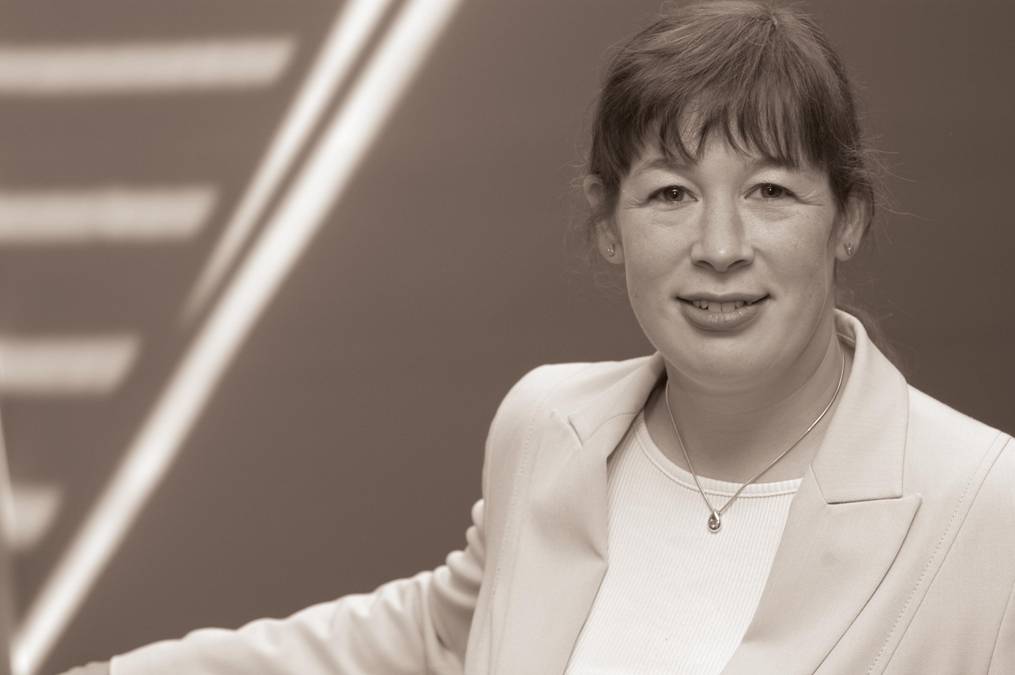How do you describe your job when you meet people at a party?
I manage drug development projects in cancer, ophthalmology and therapeutic vaccines.
What is ‘cutting-edge’ about your work?
Currently I work with discovery of therapeutic monoclonal antibodies and vaccines, which are the fastest growing and hottest segments of new biotech drugs.
What are the biggest implications your work will/could have in the future?
We hope to find a cure for cancer.
Describe some of the highlights of your average day.
Working with multidisciplinary teams to solve scientific problems and to bring new drugs to patients that need them.
Describe briefly how your career has progressed to date.
I started out in the laboratory as an analytical chemist and spectroscopist at Beecham Pharmaceuticals, working on antibiotic research. I later transferred to supporting drug development and process development activities. On obtaining my MBA, I changed careers and went into strategy consulting with a major consulting firm, where I applied my analytical skills to projects for chemical and pharmaceutical company clients across a broad range of functional areas (sales and marketing, manufacturing, IT, HR, new product planning, mergers and acquisitions, managing change). My consulting career took me from the UK to the US, where I now live and work. I transitioned back into industry working as an internal strategy consultant for Pfizer’s Global R&D organization and from that role, moved into a third career in Business Development at two different biotech companies. My most recent move was back to Pfizer to work in project and portfolio management.
How is your job cross-disciplinary?
In my role I work across all functions across research and development to advance programs through clinical development.
How well is your job compensated? What is the starting salary for your field, and how much can this be expected to rise?
In the US a 6 figure salary is typical for my kind of role, however significant experience is required to enter the field.
How do you see your field developing over the next 5-10 years?
As pharmaceutical research and development is increasingly outsourced, project management plays a vital role in coordination of internal and external cross-functional activities.
What’s the most unexpected thing about your job?
Being able to tap into the wide network of expertise that resides within a large pharmaceutical company.
What’s the biggest achievement of your career so far?
Completing a $500M value deal ($25M upfront payment) for a preclinical cancer product with Novartis, while I was at SGX Pharmaceuticals. And also receiving a Service Award from the Royal Society of Chemistry for overseas activities in November 2009
